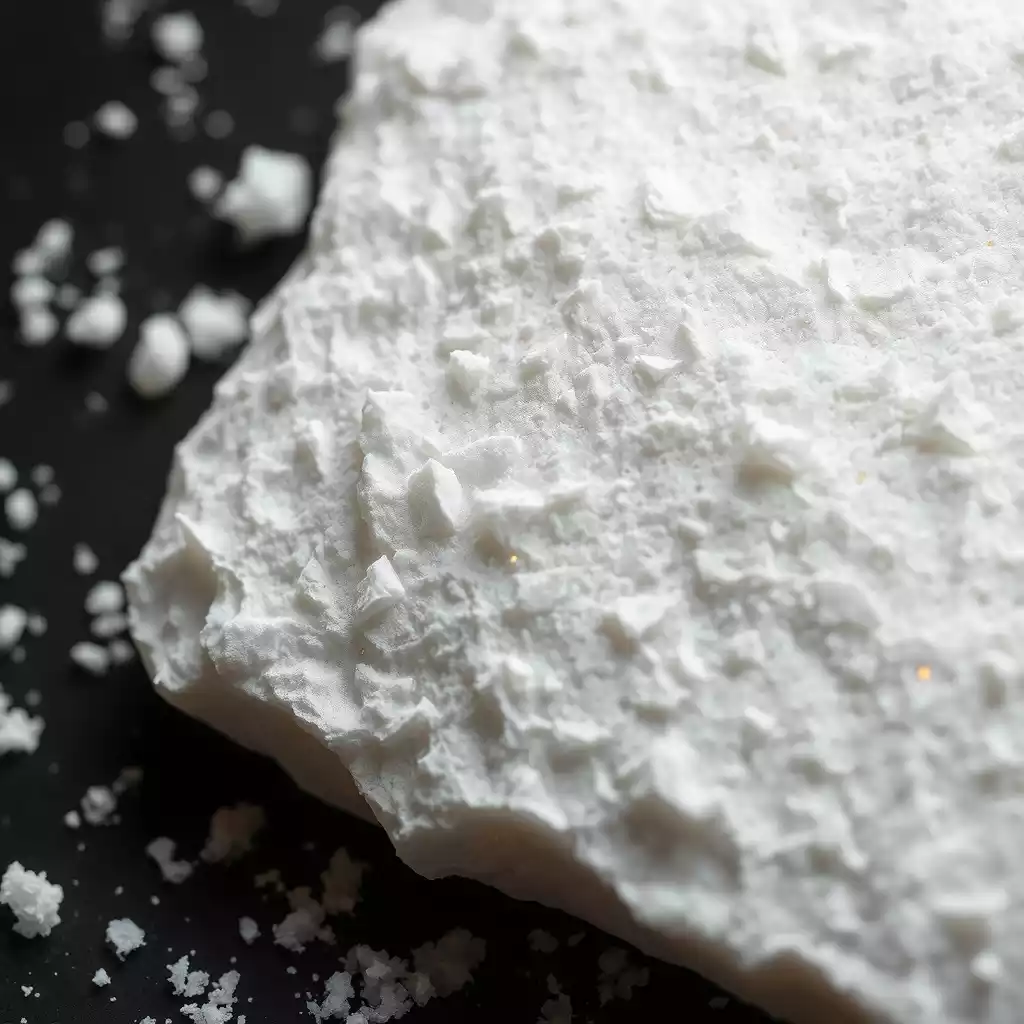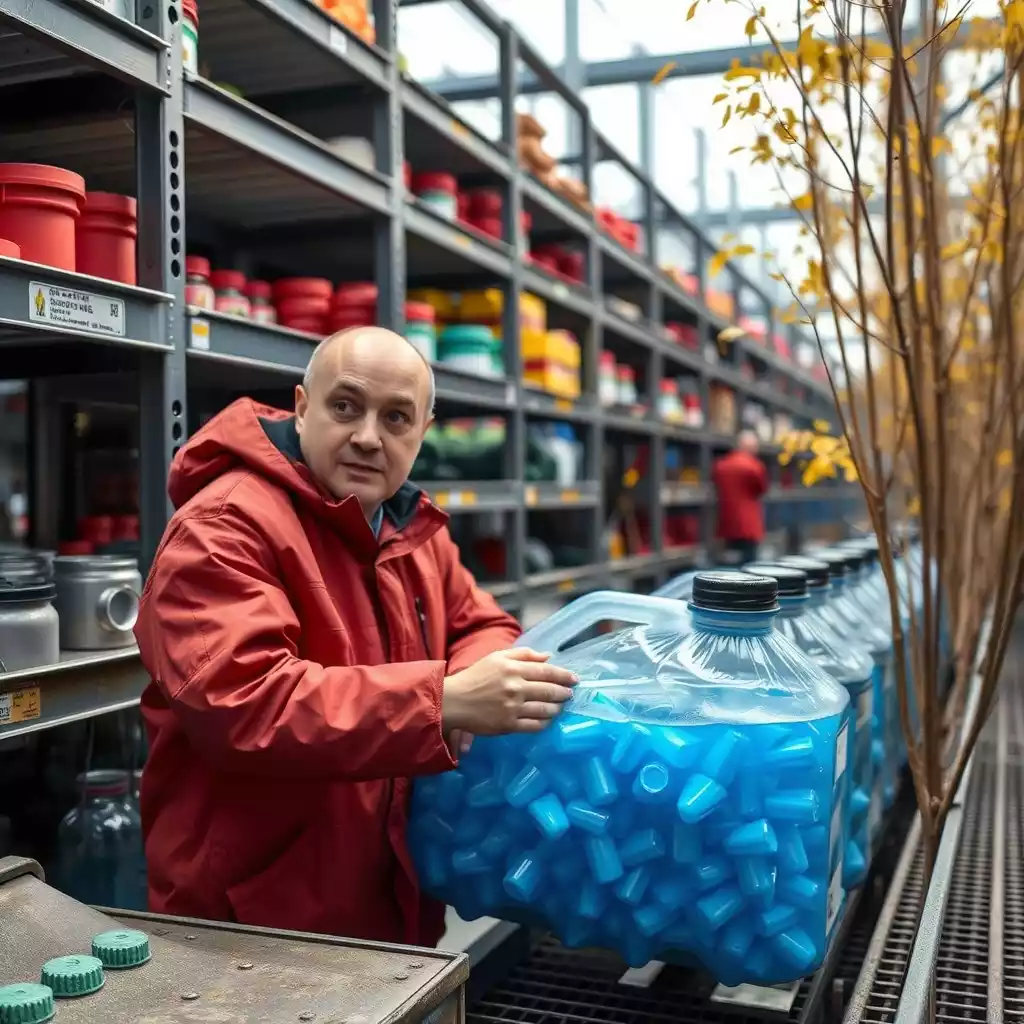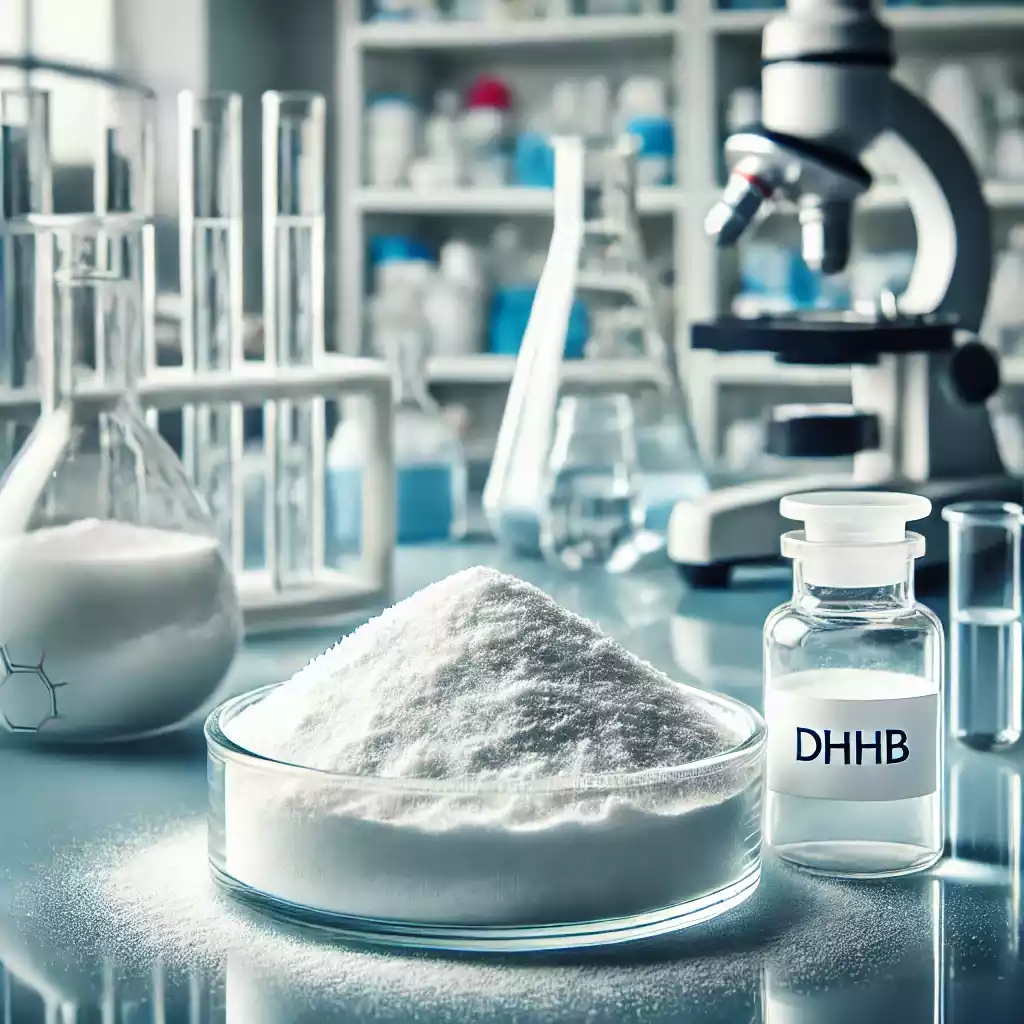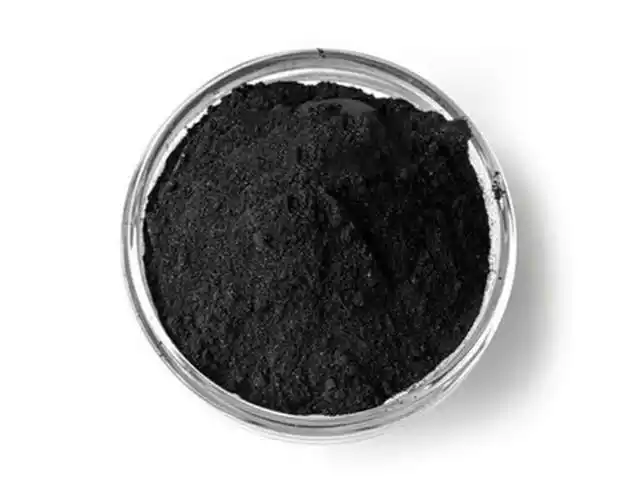![]()
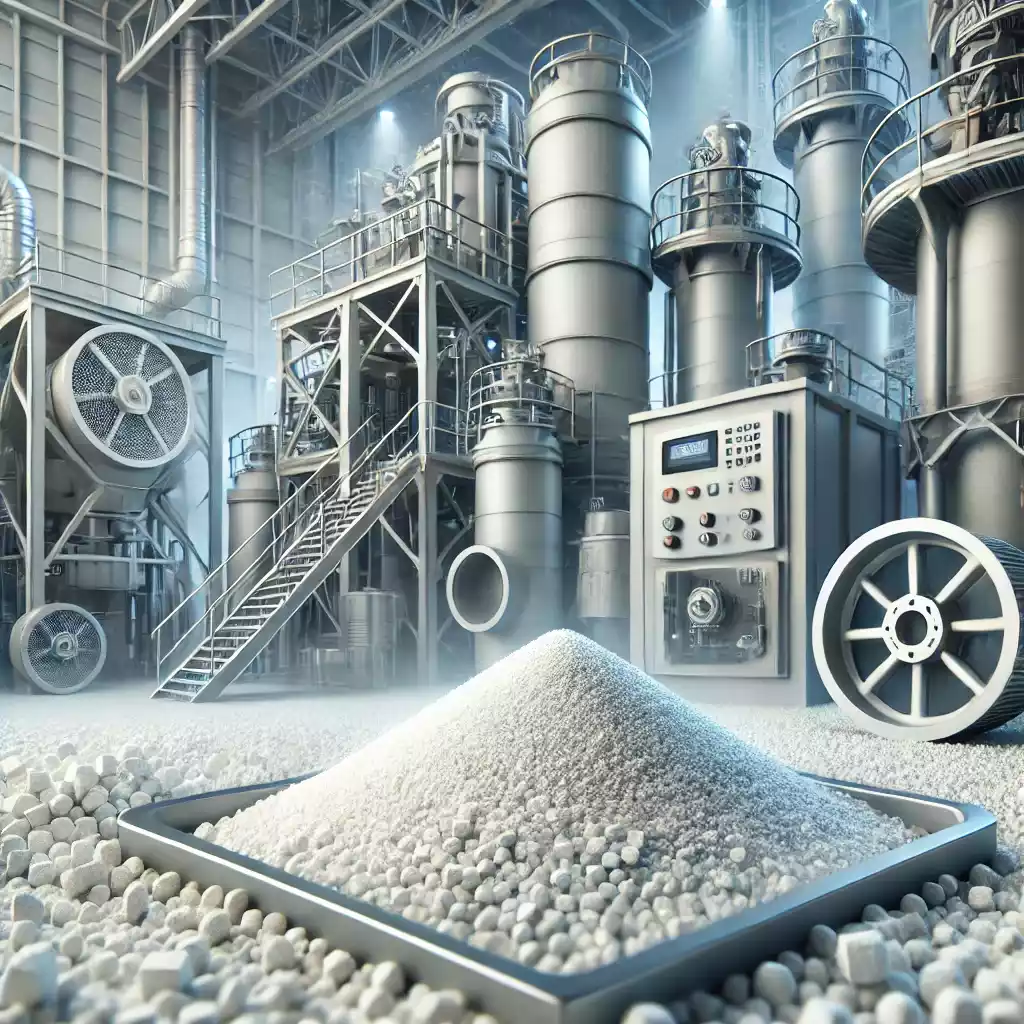
8 Uses of Tabular Alumina
Tabular alumina is one of the most versatile and widely used materials in the industrial sector. Known for its high purity, excellent thermal shock resistance, and superior performance in high-temperature environments, it has become an indispensable component in various applications. In this article, we’ll explore 8 uses of tabular alumina, demonstrating why this high-performance material is a preferred choice for industries globally.
1. Refractory Applications
Tabular alumina is a critical material in refractory applications due to its high melting point and stability at elevated temperatures. It’s used in products like kiln linings, which must withstand extreme heat while maintaining their structural integrity.
- Internal Link: Explore more in Abrasive and Refractory Materials to see related products.
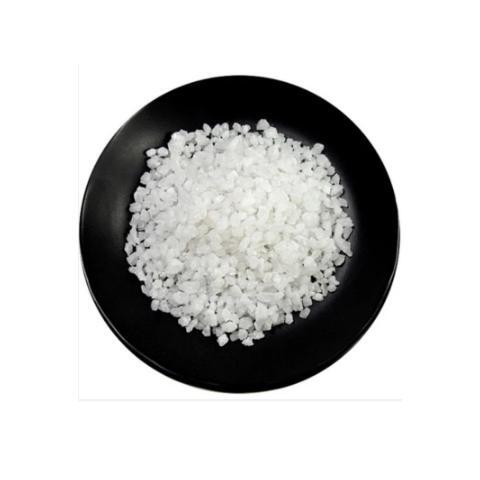
2. Abrasives Industry
The abrasives industry relies on materials that provide hardness and durability. Tabular alumina fits perfectly as it is robust, chemically inert, and resistant to wear. It’s commonly used in grinding wheels and cutting tools for precision.
- Internal Link: Check out related products in the White Fused Alumina section.
3. Ceramics and Spark Plugs
Ceramics made with tabular alumina are incredibly durable and resistant to thermal shock, making them ideal for high-temperature applications. Similarly, spark plug insulators use this material to withstand high heat without degradation.
- Internal Link: Visit Chemical Raw Materials for comprehensive options on high-quality ceramics materials.
4. Polishing and Finishing Materials
Tabular alumina’s unique properties make it excellent for producing polishing compounds used in finishing surfaces. Its hardness and purity contribute to the high-quality finish in various applications, including polishing metals, glasses, and other materials.
- Internal Link: Learn more at Abrasive and Refractory Materials for abrasive compounds.
5. Casting Applications
Due to its excellent strength and resistance, tabular alumina is also used in casting. It is often a part of casting molds that need to endure high temperatures and significant stress, particularly in the steel and iron industries.
- Internal Link: Explore other options like Rare Earth Products for additional high-strength materials.
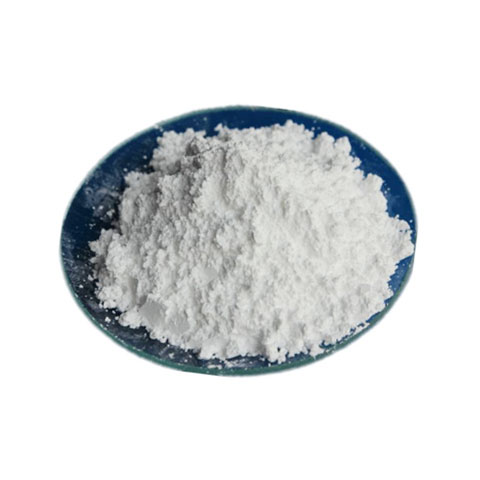
6. Filtration Systems
In filtration systems, particularly for water treatment, tabular alumina acts as a stable, non-reactive medium that can remove contaminants without degrading. Its high-purity structure allows it to resist chemical reactions, making it a reliable choice for long-term filtration systems.
7. Thermal Insulation Applications
Thermal insulation is another area where tabular alumina shines. Its low thermal expansion rate makes it perfect for insulating materials used in extremely high or low temperatures. It’s widely used in the petrochemical and aerospace sectors for this purpose.
- Internal Link: Discover Yttrium Oxide, another product with applications in thermal insulation and refractory materials.
8. Advanced Composites
Tabular alumina is increasingly popular in advanced composites where strength, stability, and heat resistance are required. It is often incorporated into composite materials for structural components in various industries, including defense and space exploration.
Analysis Tables
Table 1: Tabular Alumina Properties Summary
| Property | Value |
|---|---|
| Purity | 99.7% Al₂O₃ |
| Density | 3.55 g/cm³ |
| Thermal Conductivity | 30 W/m K |
| Melting Point | 2040°C |
Table 2: Industrial Uses of Tabular Alumina
| Application | Key Benefit |
|---|---|
| Refractory Applications | High-temperature stability |
| Abrasives | Hardness and durability |
| Ceramics | Thermal shock resistance |
| Casting | Strength and heat endurance |
| Filtration | Chemical inertness |
| Thermal Insulation | Low thermal expansion |
Frequently Asked Questions (FAQ)
What is tabular alumina made of?
Tabular alumina is made from pure aluminum oxide (Al₂O₃) that is sintered at high temperatures.
Why is tabular alumina preferred in refractory applications?
Its high melting point and durability make it ideal for use in extreme heat environments.
Can tabular alumina be used in abrasive applications?
Yes, its hardness and durability make it an excellent choice for grinding and cutting tools.
Is tabular alumina suitable for casting?
Yes, it provides the strength and temperature resistance required in casting molds.
What makes Honrel a reliable supplier of tabular alumina?
Honrel offers high-quality, pure materials that meet international standards, ensuring durability and performance.
Summary
Tabular alumina is a key material in industries demanding high durability, strength, and thermal stability. From refractories to advanced composites, 8 uses of tabular alumina demonstrate its versatility and value across various applications. Honrel provides access to this high-quality material, offering global distribution and competitive pricing to support large-scale industrial needs worldwide.

